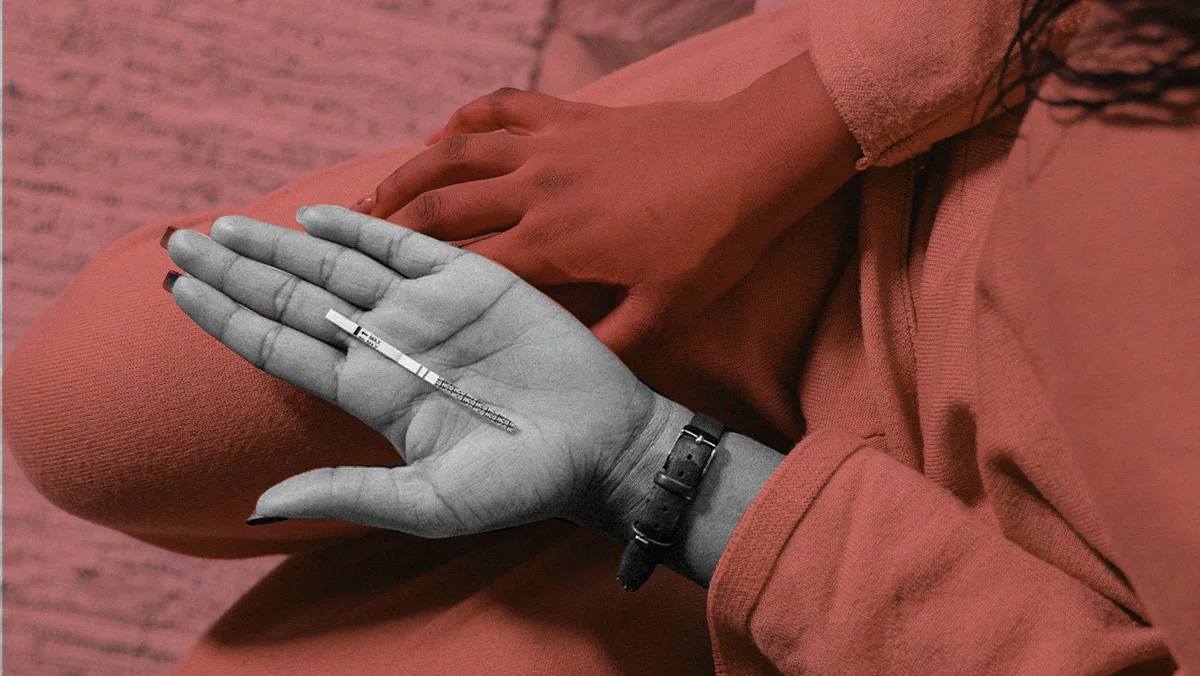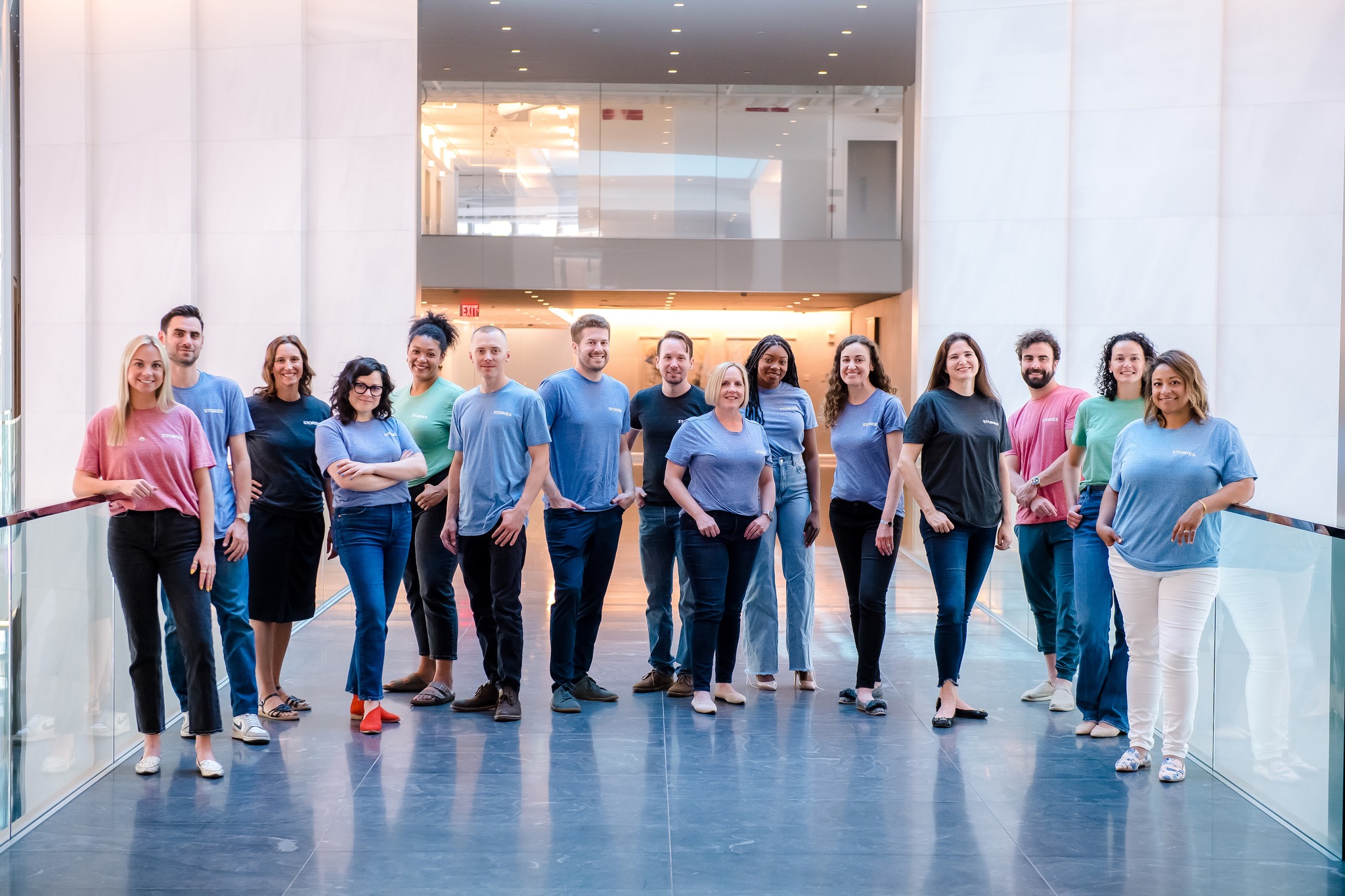Anna Almojuela advocates for redefining "normal" in women's reproductive health, emphasizing early awareness of fertility issues.
Anna's personal journey through infertility highlights the challenges of delayed diagnosis and treatment, exacerbated by generational expectations.
The high cost of fertility treatments like IVF presents a significant barrier, prompting some to seek affordable options abroad.
In reproductive health, "normal" can be a dangerous misnomer, a comforting word that too often silences a woman's earliest, intuitive alarms about her own body. When these internal distress signals collide with the force of generational expectations around childbearing, critical health concerns are frequently overlooked, pushing vital care into a later zone of urgency.
Anna Almojuela champions fertility awareness as an ambassador for myStoria and Fertility Matters Canada, and through her work with The Gift of Love and Hope, a Manitoba-based non-profit. Her perspective was forged by her own challenging path to becoming a mom, which began while she was an executive assistant.
That gut feeling: "Early on in life, I had this really weird intuitive feeling that I was going to have a hard time conceiving," Anna shares, linking it to years of missed, heavy, and painful periods. "I just thought in my head, there's no way this could be normal." This gut feeling, however, often met a wall of normalization. When she asked older women in her family if they’d experienced similar issues, they confirmed they had, but with a crucial difference: "They all had their kids in their early 20s, and I was planning on having my first child in my mid-30s. Because they were able to have children, they didn't think it was a posed issue or a posed problem." The disconnect reveals how symptoms unlikely to derail conception for younger women become serious obstacles later, often dismissed because of past generational experiences.
Pandemic pains: Anna and her husband tried to conceive for a year, a period filled with the frustration of seeing pregnancy announcements all around them. "It was a constant reminder of, 'how is this not happening to me and it's happening to everyone else?'" she recalls. Fortunately, she found supportive medical professionals who referred her to Heartland Fertility Clinic, Manitoba's only fertility clinic. Her journey began in late 2019, leading into the pandemic. An early pregnancy tragically ended as an ectopic pregnancy in 2020, an experience made harder by COVID restrictions. "I had to deal with multiple appointments and blood work by myself because my partner was not allowed to sit in with me," she says, also recounting a scarring emergency room experience where staff questioned her pregnancy. The year concluded with surgery to remove her damaged right fallopian tube.
“Why not IVF?”: After the trauma of 2020 and exploring less invasive treatments, Anna and her husband took a mental break. Her birthday in October 2021 marked a turning point. "I realized, why not IVF? What am I so scared of?" Her husband mirrored the question, "Why not IVF?" Anna’s answer was stark: "Because I'm really scared it won't work." This was an ah-ha moment for Anna. "That's kind of when I realized, fear won't be the reason why I can't try absolutely everything I can to try to grow our family." Though their IVF journey in 2022 felt "seamless" in its execution, her husband reminded her of the difficult years leading up to it. "Even though this feels seamless, it was hard to get here," he told her. Their first IVF transfer resulted in a chemical pregnancy, a loss she handled with more preparedness. Their second transfer led to their rainbow baby, Elyanna Amavi, born in April 2023.
Pain into purpose: Her entire experience—from dismissed early symptoms to navigating difficult treatments amid the pandemic—fueled Anna's desire to be an advocate. "So many of us shouldn't have to deal with all the things that we did," she states. The high cost of treatments like IVF, ranging from $10,000 to $20,000, is a massive barrier for most. "When you're investing in something so expensive, you want to make sure that you're in the right hands because you can be taken advantage of." She heard stories of people traveling hours, even to other countries like Mexico, for more affordable care, highlighting the desperation many face. "It's mind-boggling that that's even a choice."
More than babies: Anna’s advocacy now extends to challenging the fundamental approaches to reproductive health. "Why is it that I have to wait till I tell someone, okay, I'm ready to have a child to be taken seriously, or that I've been trying for a year, and say 'I'm not getting pregnant' for them to respond with, 'Okay, now we'll take a look at you.'" She questions why, at sixteen, a doctor wouldn't investigate irregular, painful periods. "I think this has a lot to do with women advancing in our society because a lot of our medical issues were kind of like, oh, women just go through that. And now it's like we're turning the tables where it's like, yes, we go through that, but it's also not normal."
For her daughter: For Anna, her advocacy isn't just about helping people have babies; it's about systemic change. "With having a two-year-old daughter, one of the things that really pushes me is that I want it to be better for her." She hopes for a future where reproductive health is a priority from a young age. "We shouldn't be living through life in survival mode and in pain. It's part of our body, we were born with this. It doesn't just go away after having kids or not having kids, it's always going to be there."








